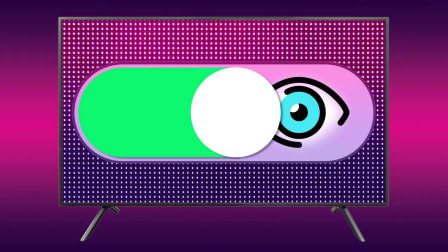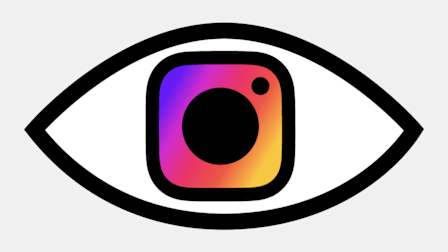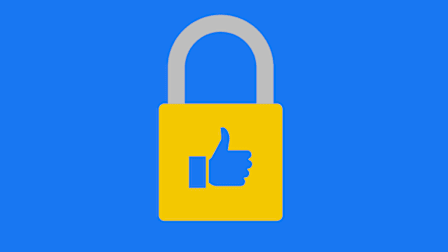The lawsuit focuses on Snapchat’s lenses and filters, tools that let users manipulate photos and videos. Anyone who used Snapchat lenses and filters while living in Illinois between Nov. 17, 2015, and now may be eligible for a chunk of the payout.
If you think you qualify, you can file a claim here. Only Illinois residents or former residents are eligible, and you have until Nov. 5 to file. The form asks for details such as your name, address, and Snapchat username, and how you want to receive payment.
The settlement still needs to be approved by the court. The social media company doesn’t admit wrongdoing.
“Snapchat Lenses do not collect biometric data that can be used to identify a specific person, or engage in facial identification,” a Snap spokesperson told Consumer Reports by email.
Some of Snapchat’s lenses and filters add effects that are triggered when users raise their eyebrows or move other parts of their bodies. “Lenses can be used to identify an eye or a nose as being part of a face, but cannot identify an eye or a nose as belonging to any specific person,” the spokesperson said. Also, the data harnessed by lenses stays on the user’s device and isn’t sent to company servers, they said. The app has started presenting Illinois users with a consent notice “out of an abundance of caution.”
BIPA is one of the country’s strongest privacy laws, and it has turned Illinois into a facial recognition battleground. The law is unusual because it lets regular people, and not just prosecutors, sue companies for breaking the rules.
Snap is just the latest company dealing with multimillion dollar penalties for facial recognition activity in the state. Facebook settled a facial recognition lawsuit for $650 million in 2020, and Google agreed to pay $100 million over a BIPA lawsuit this year. TikTok is finalizing a $92 million settlement of its own, which includes allegations about BIPA violations and other problems.





















